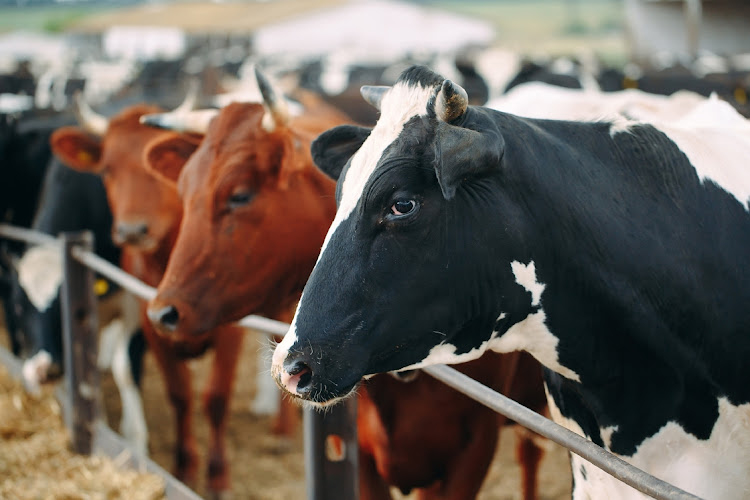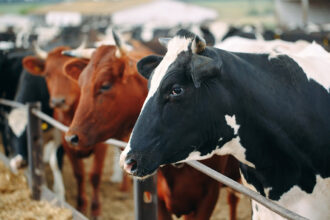Zimbabwe has lifted its ban on importing cloven-hoofed animals and their products from select South African provinces. The announcement, made by Zimbabwe’s Veterinary Services Directorate on January 7, 2025, is a significant step toward reviving agricultural trade between the two nations.
This easing of restrictions applies exclusively to animals originating from Gauteng, North West, Northern Cape, and Western Cape. However, imports from other South African provinces remain prohibited pending further biosecurity assessments, reflecting Zimbabwe’s cautious approach to managing the foot-and-mouth disease (FMD) outbreak that has plagued South Africa.
Industry Reactions
The Red Meat Producers’ Organisation (RPO) and the Agricultural Business Chamber of South Africa (Agbiz) welcomed the decision. Agbiz Chief Economist Wandile Sihlobo praised the collaborative efforts of the government and industry in controlling the spread of animal diseases.
“The past three years have been challenging for South Africa’s livestock and poultry industry. FMD outbreaks in six provinces between 2021 and 2022 marked a historic challenge for the country, necessitating increased biosecurity controls and surveillance,” Sihlobo explained.
South Africa achieved a major milestone in October 2024, when the Department of Agriculture announced the resolution of FMD outbreaks in Gauteng, North West, Free State, and Mpumalanga. This progress was confirmed by the World Organisation for Animal Health. However, KwaZulu-Natal and Eastern Cape remain under biosecurity constraints due to ongoing FMD cases.
Impact on Trade and Breeding
Dr. Frikkie Maré, CEO of the RPO, highlighted the broader implications of the ban and its subsequent lifting.
- Advertisement -“Since the 2018/19 FMD outbreak, South African borders for live animal exports and genetic material have been largely closed, disrupting trade with neighboring countries reliant on South African genetics for herd improvement,” Maré stated.
The ban’s removal will benefit both Zimbabwean farmers, who can now access South African genetic material to enhance breeding programs, and South African stud breeders, who regain a vital market for selling bulls, rams, and embryos.
Looking Ahead
While the decision marks a positive development, ongoing FMD outbreaks in some provinces underscore the need for vigilance and continued collaboration between governments and industry stakeholders. The move also signals Zimbabwe’s commitment to fostering trade while safeguarding its biosecurity measures.








